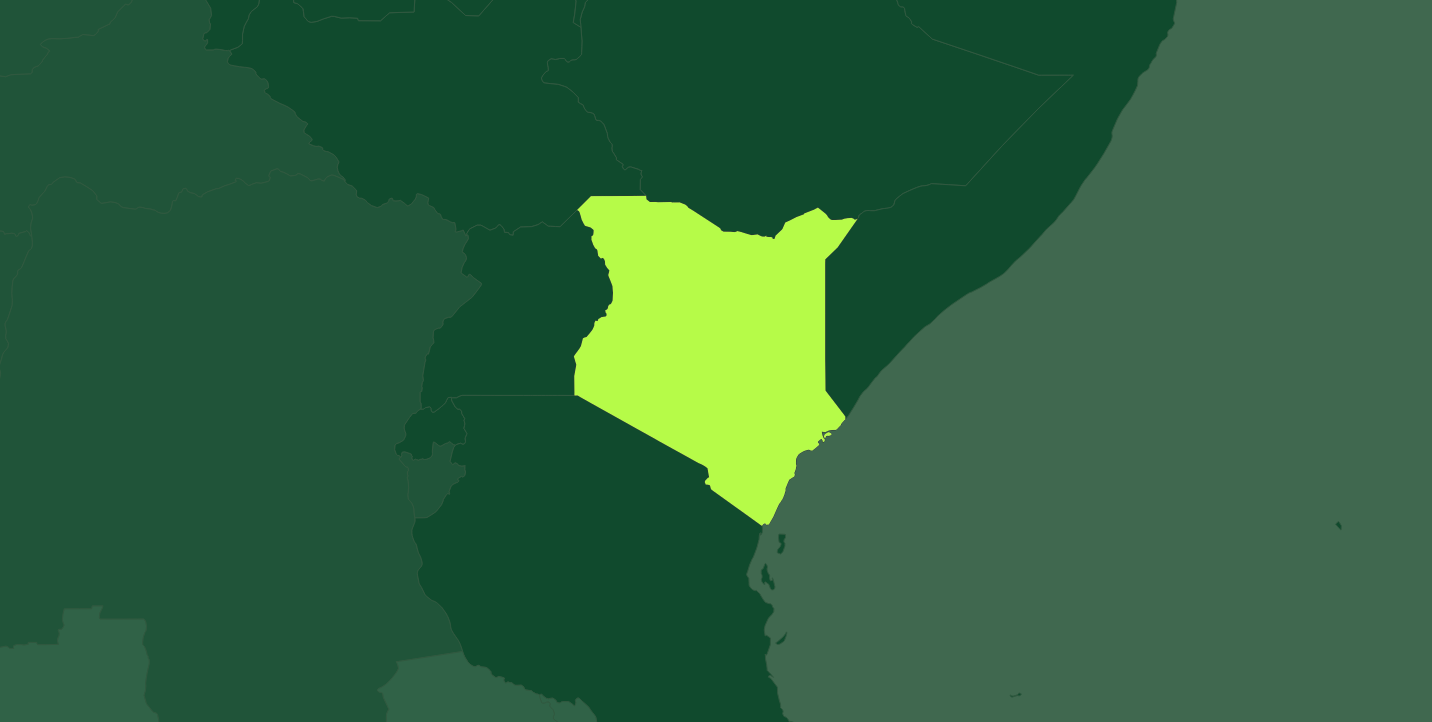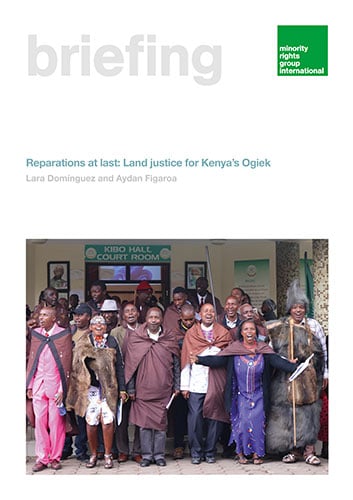
Joint statement urging an immediate halt to Ogiek evictions in Kenya’s Mau Forest: protecting indigenous rights and biodiversity
This joint statement was signed by Amnesty International, Survival International and Minority Rights Group International.
The signatory organisations call on the government of Kenya to immediately cease all evictions in the Mau Forest, as they are in violation of Kenyan law, as well as the judgements of the African Court on Human and Peoples’ Rights in the Ogiek case.
We note that Indigenous Peoples cannot be evicted without their free, prior, and informed consent and that evictions without such consent amount to forced evictions, which are both unlawful under domestic law and a gross violation of international and regional human rights laws. We call on the Kenyan government to respect the rights of the Ogiek people, including their land rights, and to remedy the harms that have already been committed.
More than 700 people have been rendered homeless in the Mau Forest as part of this eviction drive. Many of the inhabitants, including children and people with disabilities, have reportedly refused to leave their land and are currently living in the open, exposed to the elements.
Daniel Kobei, Executive Director of the Ogiek Peoples’ Development Program, said: ‘This is a government eating its own children shamelessly’.
The Kenyan government has listed concerns over the environment and protection against ‘human encroachment’ as a reason for its actions. We note however, that repeated studies have shown that Indigenous Peoples are the best guardians of their lands. The ground-breaking African Court judgement in the Ogiek case confirmed that there is no evidence that the government can conserve biodiversity in the Mau Forest better than the Ogiek are already doing, and that conservation cannot be used as an excuse for eviction of Indigenous Peoples from their ancestral lands.
We also caution against the escalation of these and other abuses against the Ogiek and other Indigenous Peoples in the light of a recent loan, which the Kenyan government has agreed with the International Monetary Fund to increase forest cover, coinciding with the President’s announcement that all “water towers” (major forest landscapes) in the country would be fenced off and all human presence removed.
We further note the recent announcement of a government initiative to trade carbon credits on millions of hectares in Kenya. We call on the government to clarify whether the Ogiek evictions are linked to this initiative. Forest-based carbon projects are particularly problematic as they often target Indigenous Peoples and their ways of life rather than the true drivers of the climate crisis. While there is mounting evidence that existing offsetting schemes have failed to mitigate climate change, they have already had a detrimental impact on Indigenous Peoples’ lives and land rights in Kenya and beyond.
We stress that any forest conservation initiative connected to the forced eviction of Indigenous Peoples is illegal and in violation of international law. We cannot protect our planet without recognizing and respecting Indigenous Peoples’ rights to their lands.
